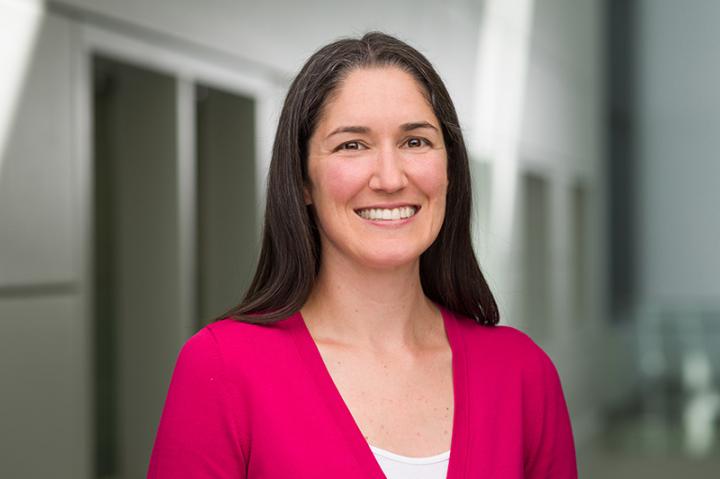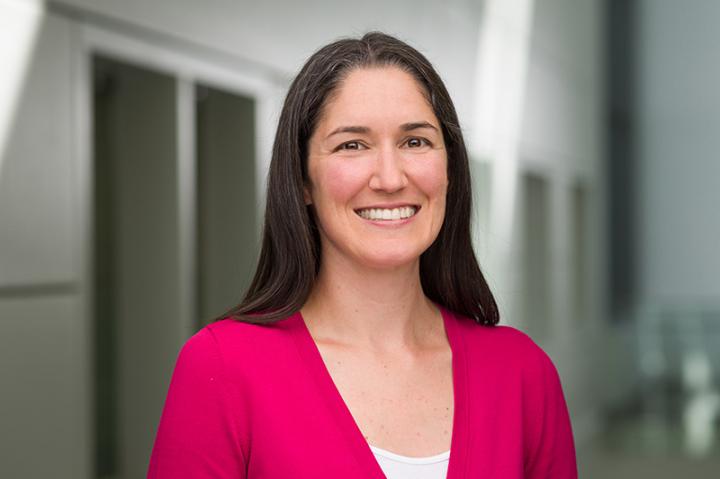
Credit: Dartmouth Institute
Despite an uncertain political climate and mixed results when it comes to achieving cost savings, the number of accountable care organizations (ACOs) in the United States is steadily increasing, with over 32 million people in the United States now receiving their care through an ACO. ACOs are often discussed and promoted as driven by physicians, hospitals, and other health care providers. Yet, a team of researchers from The Dartmouth Institute for Health Policy and Clinical Practice recently found that 37% of ACOs had a management partner, and two-thirds of these ACOs reported that the partner shared in the financial risks or rewards. In the first study of the role of management partners in ACOs, Dartmouth Institute researchers used data from the National Survey of Accountable Care Organizations to examine the prevalence of non-provider management partner involvement in ACOs, the services these partners provide, and the structure of ACOs that have such partners. They found 37% of ACOs had a management partner, and two-thirds of these ACOs reported that the partner shared in the financial risks or rewards.
Among their findings recently reported in Health Affairs:
- Among ACOs with partners, 94% had data services provided by the partner, 87% received administrative services, 68% received educational services, and 66% received care coordination.
- Half of these ACOs received all four of these services from their partner.
- ACOs with and without partners were similar in performance, costs, and quality.
- Significantly fewer ACOs without a management partner included a hospital (46% vs 74%) or were an integrated delivery system (36% vs 57%)
- ACOs with a partner were also more likely to be composed of only physician groups (45% vs 18%) and have a higher proportion of primary care physicians. They were also less likely to offer specialty care or a number of other services (e.g. rehabilitation, home health).
The research team, led by Dartmouth Institute Associate Professor Valerie Lewis, PhD, says that their findings suggest that management partners are perhaps supplying smaller and physician-run organizations with necessary services or expertise, and that in many of these cases management partners are providing financing and acting as "ACO-enablers" by engaging physicians in ACO activity who otherwise would not be participating in ACOs.
"We need to understand the relationships between providers and management organizations in order to develop more effective policy," Lewis says. "For example, some observers have suggested that the fees management firms levy are high in relation to the services they provide. If we understood more about how savings are shared between physicians and partners, we could determine if regulation or protection was needed to help ensure that providers form contracts in their best interest."
###
Read more: http://www.healthaffairs.org/doi/abs/10.1377/hlthaff.2017.1025
Media Contact
Paige Stein
[email protected]
603-653-0850
@DartmouthInst
http://www.tdi.dartmouth.edu
Related Journal Article
http://dx.doi.org/10.1377/hlthaff.2017.1025





